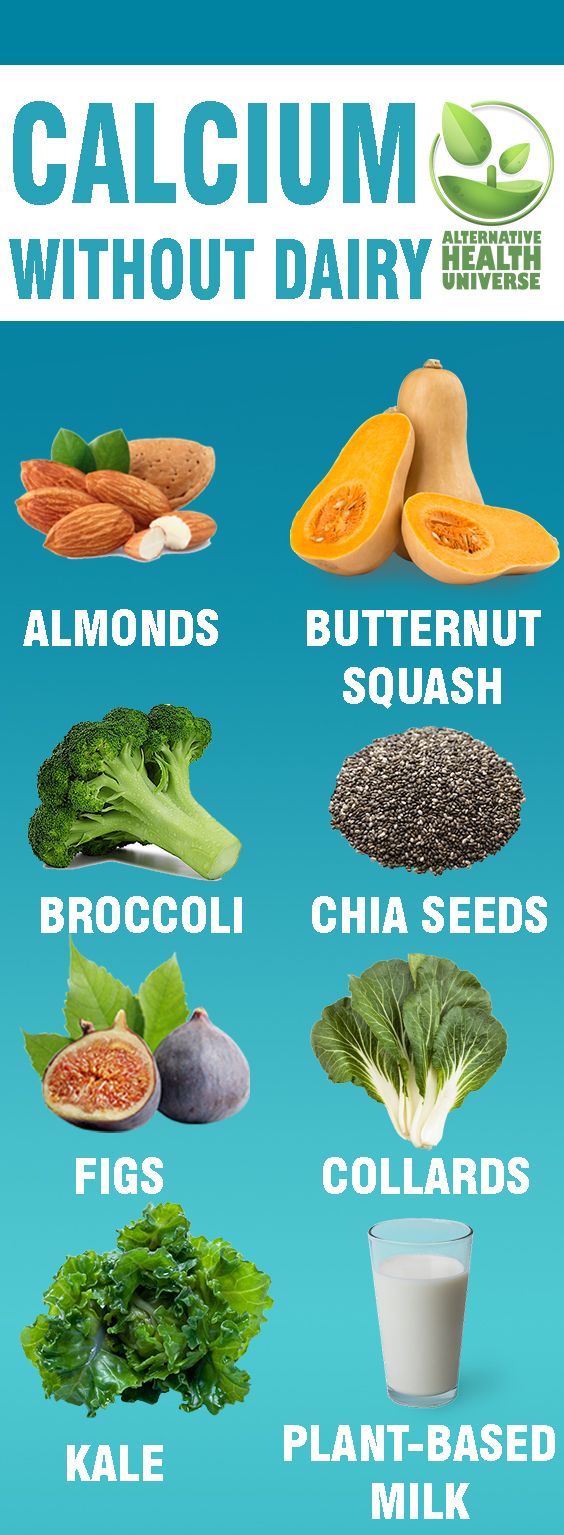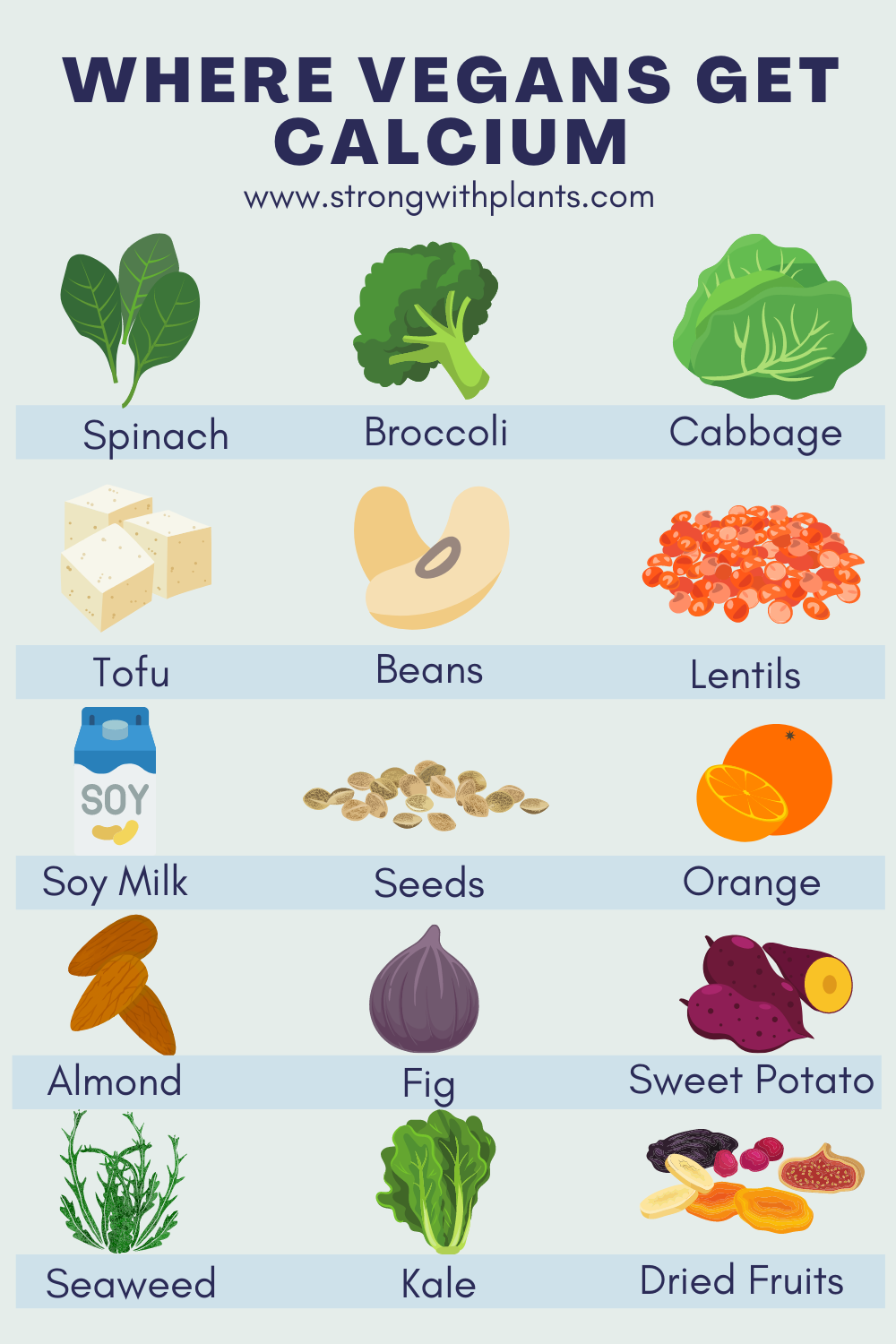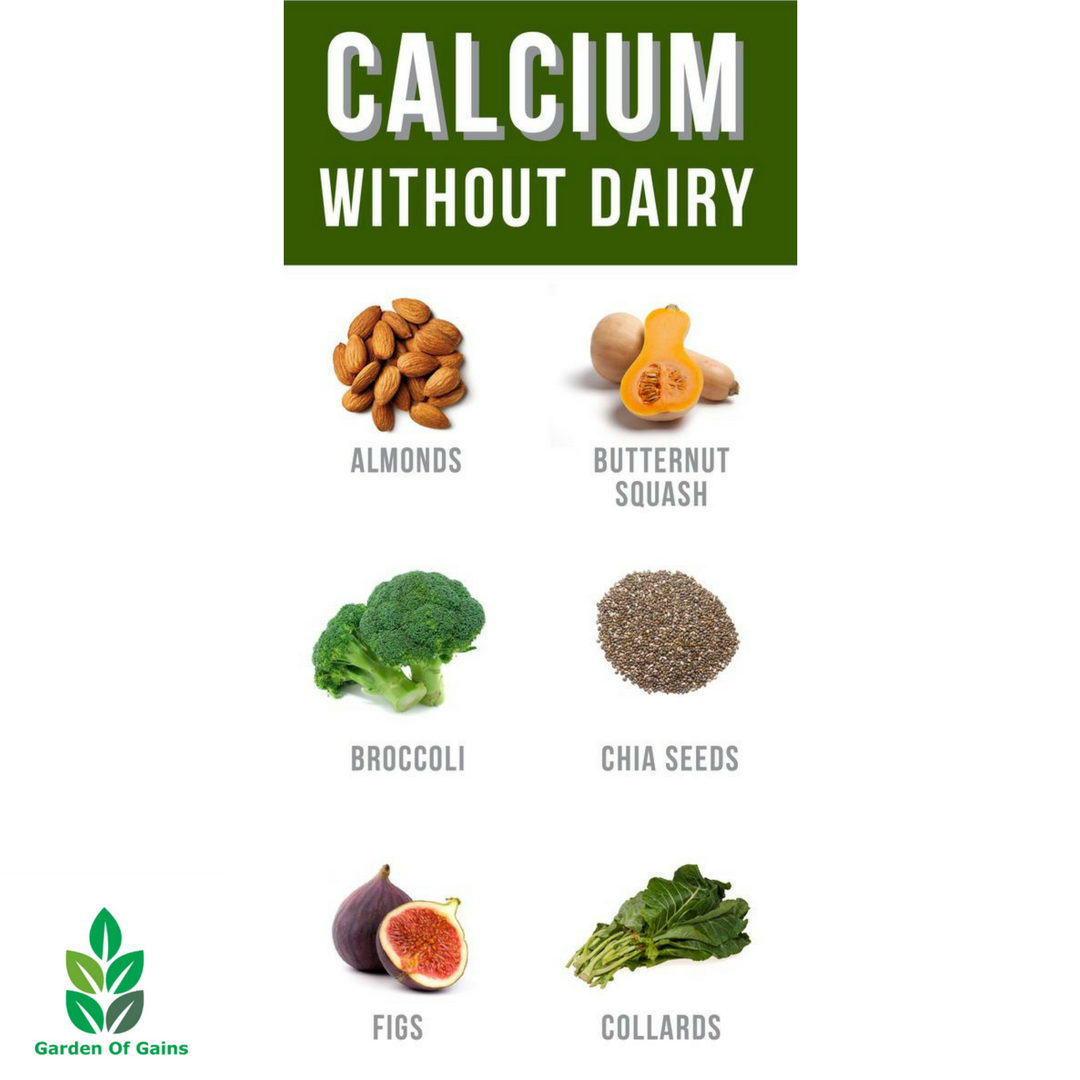The Vegan’s Guide To Calcium Without Dairy

Executive Summary

This comprehensive guide provides a roadmap for vegans to ensure they get adequate calcium without relying on dairy products. It explores various plant-based sources, discusses the importance of calcium, delves into absorption-enhancing strategies, and addresses common concerns about vegan calcium intake. By following the information presented, individuals can confidently maintain healthy bone density and overall well-being while adhering to a plant-based lifestyle.

Introduction
Navigating a vegan diet can be exciting, but it requires careful planning to ensure you’re getting all the essential nutrients your body needs. One vital nutrient often associated with dairy is calcium, crucial for strong bones, teeth, and numerous bodily functions. Fortunately, abundant plant-based sources can provide this essential mineral, making it easy for vegans to thrive on a calcium-rich diet. This guide will empower you with the knowledge and strategies to meet your calcium needs while embracing a compassionate and delicious vegan lifestyle.
Frequently Asked Questions
Q: What are the main functions of calcium in the body?
A: Calcium is a vital mineral that plays a crucial role in numerous bodily functions, including:
- Strong bones and teeth: Calcium is the building block for healthy bones and teeth, contributing to their structural integrity.
- Muscle function: Calcium is essential for muscle contractions, enabling movement and other bodily functions.
- Nerve function: Calcium is vital for transmitting nerve impulses, enabling communication within the nervous system.
- Blood clotting: Calcium plays a key role in blood clotting, ensuring proper wound healing and preventing excessive bleeding.
- Hormone regulation: Calcium is involved in the regulation of various hormones, influencing a wide range of physiological processes.
Q: What are the signs of calcium deficiency?
A: While calcium deficiency can be subtle, some common signs include:
- Muscle cramps and spasms: Low calcium levels can disrupt muscle function, leading to cramps and spasms.
- Weak bones and teeth: Insufficient calcium intake can compromise bone density, increasing the risk of fractures and dental problems.
- Numbness and tingling: Calcium deficiency can affect nerve function, causing numbness and tingling sensations.
- Fatigue and weakness: Low calcium levels can contribute to fatigue and overall weakness.
- Increased risk of osteoporosis: Calcium deficiency increases the risk of osteoporosis, a condition characterized by weakened bones and increased fracture risk.
Q: Can I get enough calcium on a vegan diet?
A: Absolutely! While dairy is a well-known source of calcium, many plant-based foods provide ample amounts. This guide will reveal a variety of delicious and nutritious options to ensure you’re meeting your calcium needs.
Calcium-Rich Plant-Based Foods
Leafy Green Vegetables
Leafy green vegetables are a powerhouse of nutrients, including calcium.
- Kale: One cup of cooked kale provides about 150 mg of calcium. Kale is versatile and can be added to smoothies, salads, or stir-fries.
- Spinach: A cup of cooked spinach contains about 290 mg of calcium. Spinach is delicious in salads, quiches, or pasta dishes.
- Collard Greens: One cup of cooked collard greens offers around 357 mg of calcium. Collard greens can be sautéed, braised, or incorporated into soups and stews.
- Bok Choy: A cup of cooked bok choy provides approximately 74 mg of calcium. Bok choy adds a delightful crunch to stir-fries, soups, or noodle dishes.
Calcium-Fortified Foods
Many plant-based foods are fortified with calcium to make them even more nutritious.
- Plant-Based Milk: Almond, soy, oat, and rice milk are often fortified with calcium to match the levels found in dairy milk. Choose brands that provide at least 300 mg of calcium per cup.
- Tofu: Firm tofu is a great source of protein and can be fortified with calcium. Look for brands that provide at least 300 mg of calcium per 1/2 cup serving.
- Calcium-Fortified Orange Juice: Some orange juice brands are fortified with calcium, offering a convenient way to boost your intake.
- Plant-Based Yogurt: Many plant-based yogurt alternatives, such as soy and almond yogurt, are fortified with calcium, providing a creamy and delicious source of this essential mineral.
Other Excellent Sources
Explore these additional calcium-rich plant-based sources:
- Sesame Seeds: A tablespoon of sesame seeds provides about 95 mg of calcium. Sprinkle them on salads, stir-fries, or add them to your favorite baked goods.
- Almonds: A handful of almonds (about 23) offers 75 mg of calcium. Enjoy them as a snack or incorporate them into trail mixes.
- Edamame: One cup of cooked edamame provides about 98 mg of calcium. Edamame is a delicious and versatile legume that can be enjoyed as a snack, added to salads, or incorporated into stir-fries.
- Figs: Two fresh figs contain about 50 mg of calcium. Figs are a delightful snack and can be added to salads, desserts, or enjoyed on their own.
Enhancing Calcium Absorption
Optimizing calcium absorption is crucial for maximizing its benefits. Here are some strategies:
- Vitamin D: Vitamin D plays a crucial role in calcium absorption. Sunlight exposure is a primary source of vitamin D, but supplements or vitamin D-rich foods like mushrooms, fatty fish, and fortified plant-based milks can help ensure adequate levels.
- Avoid Excess Sodium: High sodium intake can interfere with calcium absorption. Focus on a diet rich in whole foods, minimizing processed foods and salty snacks.
- Adequate Magnesium: Magnesium works in conjunction with calcium to maintain bone health. Ensure adequate magnesium intake through foods like leafy greens, almonds, avocado, and black beans.
- Phosphorus Balance: Phosphorus is another essential mineral that needs to be balanced with calcium. A diet rich in whole foods and plant-based proteins generally provides sufficient phosphorus without exceeding the recommended levels.
Calcium Supplements
While a balanced vegan diet should provide sufficient calcium, some individuals may require supplementation, especially those with specific dietary restrictions or concerns.
- Calcium Citrate: This form of calcium is generally well-absorbed and is a common choice for vegan supplements.
- Calcium Gluconate: Another highly absorbable form of calcium.
- Calcium Carbonate: While less absorbable than citrate or gluconate, it is often found in affordable supplements and can be effective when taken with meals.
- Consult a Healthcare Professional: Always consult a healthcare professional before taking any supplements, especially if you have existing medical conditions.
Conclusion
Embracing a vegan lifestyle doesn’t have to compromise your calcium intake. With careful planning and an understanding of the diverse and delicious sources of calcium in plant-based foods, you can easily meet your needs while enjoying a compassionate and healthy diet. Remember to prioritize vitamin D intake, maintain a balanced diet, and consider supplementation if necessary. By following these tips, you can ensure strong bones, teeth, and overall well-being while living a fulfilling vegan lifestyle.
Keywords
- Vegan Calcium
- Plant-Based Calcium
- Calcium Deficiency
- Calcium Supplements
- Vegan Diet